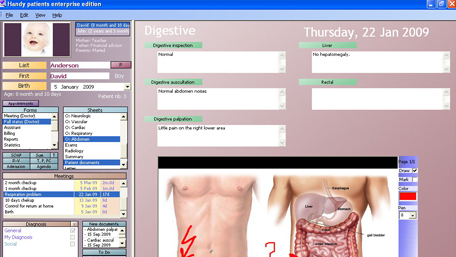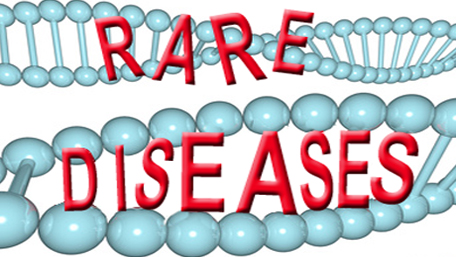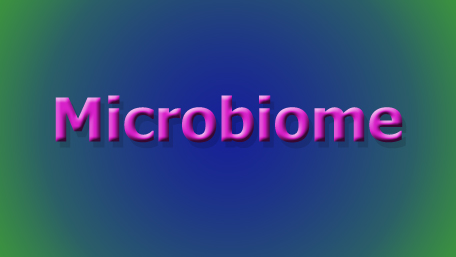
06/01/2020
Hot Topics of the Day are picked by experts to capture the latest information and publications on public health genomics and precision health for various diseases and health topics. Sources include published scientific literature, reviews, blogs and popular press articles.
Sign up MyPHGKB to receive the daily hot topic email alert.
Archived Hot Topics of the Day By Date
A precision public health approach to preventing the next COVID-19 surge: it’s time to talk about surveillance
M Matone blog, The Incidental Economist, May 2020
Better patient identification could help fight the coronavirus
B Mocovich et al NPJ Digital Medicine, June 1, 2020
Disparities in Vulnerability to Severe Complications from COVID-19 in the United States
E Winners et al, MEDRXIV, May 31, 2020
Utility and limitations of Google searches for tracking disease: the case of taste and smell loss as markers for COVID-19
K Asseo et al, MEDRXIV, May 31, 2020
An inflammatory cytokine signature helps predict COVID-19 severity and death
DM Del Valle et al, MEDRXIV, May 30, 2020
Genetic risk factors for Alzheimer’s also raise the risk of getting COVID-19--It’s unclear how the APOE4 gene variant may make people more vulnerable to the coronavirus
TH Saey, Science News, May 29, 2020
Jeffrey's insights: Jeffrey Modell Foundation's global genetic sequencing pilot program to identify specific primary immunodeficiency defects to optimize disease management and treatment.
Quinn Jessica et al. Immunologic research 2020 May
The interface of genomic information with the electronic health record: a points to consider statement of the American College of Medical Genetics and Genomics (ACMG)
TA Grebe et al, Genetics in Medicine, June 1, 2020
Automated syndrome diagnosis by three-dimensional facial imaging
B Hallgrimsson et al, Genetics in Medicine, June 1, 2020
NIH releases strategic plan to accelerate nutrition research over next 10 years
NIH, May 27, 2020

Microbial matters: modelling the complex web of host–microbiome interactions
M Eisenstein, Nature, May 2020
Disclaimer: Articles listed in Hot Topics of the Day are selected by Public Health Genomics Branch to provide current awareness of the scientific literature and news. Inclusion in the update does not necessarily represent the views of the Centers for Disease Control and Prevention nor does it imply endorsement of the article's methods or findings. CDC and DHHS assume no responsibility for the factual accuracy of the items presented. The selection, omission, or content of items does not imply any endorsement or other position taken by CDC or DHHS. Opinion, findings and conclusions expressed by the original authors of items included in the Clips, or persons quoted therein, are strictly their own and are in no way meant to represent the opinion or views of CDC or DHHS. References to publications, news sources, and non-CDC Websites are provided solely for informational purposes and do not imply endorsement by CDC or DHHS.
- Page last reviewed:Feb 1, 2024
- Page last updated:May 14, 2024
- Content source:







